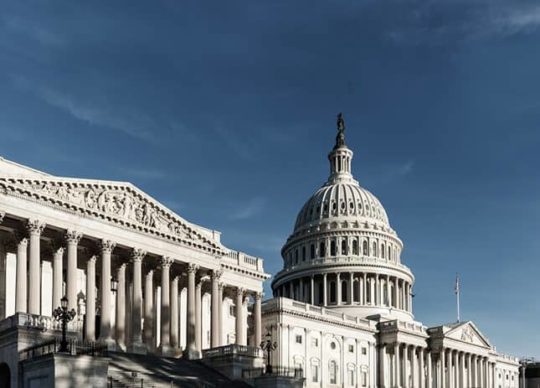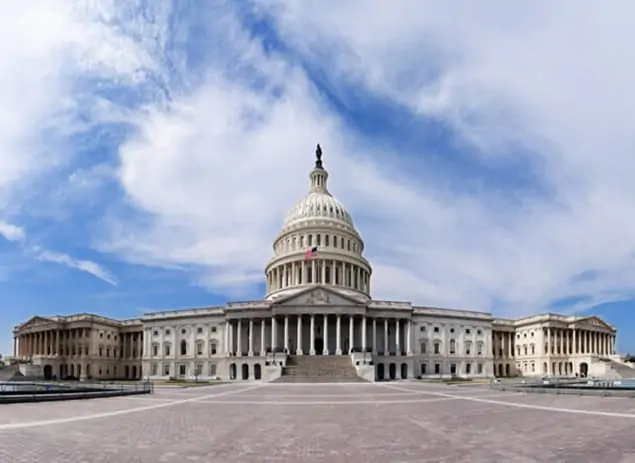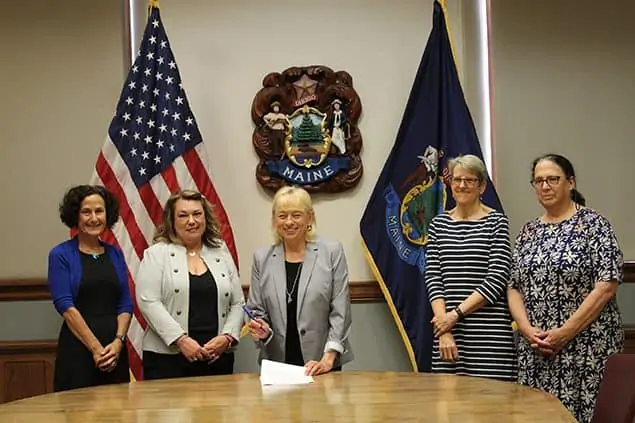How Community Colleges Provide Workforce Ed to Immigrants and Refugees
Members of the National Council for Workforce Education (NCWE) will convene on October 6-7, with the timely mission of mobilizing community colleges to activate a workforce that supports the U.S. response to the COVID-19 pandemic as well as the nation’s full economic recovery.
Rallying around NCWE’s core value of “workforce education for all,” conference session organizers—including WES Global Talent Bridge, the Boston-based African Bridge Network, and the Puget Sound Welcome Back Center—are committed to catalyzing the moment. Pursuing the inclusion of immigrants, refugees, and other groups of underrepresented workers, as well as addressing systemic racial and socioeconomic disparities in the U.S., is a critical priority of the organization.
“There’s an enormous gap between what employers need and the talent pipelines currently available to them,” said Teresita Wisell, vice president of workforce development at Westchester Community College. “This is a call to action for community colleges to be intentional about how we’re developing programs and how we’re reaching out to our communities. The [workers] are out there, but they’re not connecting with employers for a variety of reasons.”
A Growing Focus on Diversity
The NCWE first convened in 1974, committed from the start to designing workforce training programs that would help all workers—including immigrants and refugees—“move into family-wage jobs,” said NCWE Executive Director Darlene Miller, Ed.D. “We’ve always taken a holistic approach to workforce education to include credit-based technical training, non-credit training, adult basic education, GED programs, and training for English language learning.”
In recent years, NCWE’s membership, made up of community college workforce professionals, community-based organizations (CBOs), and local government agencies, has focused on promoting diversity, equity, and inclusion (DEI) as part of program development.
Several trends have further informed a specific focus on immigrants and refugees. By 2050, 83 percent of growth in the working-age population will come from immigrants and their children. Immigrants and refugees bring significant education and experience to the U.S. workforce: More than 60 percent of newly arrived immigrants age 25 or older had at least a bachelor’s degree in 2017. Yet systemic barriers, including limited recognition of international credentials, lead to the underemployment and unemployment of at least two million college-educated immigrants and refugees in the U.S., according to the Migration Policy Institute.
Community colleges and NCWE are well poised to be critical players in addressing barriers and ensuring that immigrants and refugees are fully included in the U.S. workforce.
“Community colleges fill many gaps, particularly for immigrants and refugees coming with credentials from their home countries,” said Wisell, who is also president-elect of NCWE’s Board of Directors and executive director of the Community College Consortium for Immigrant Education (CCCIE). “We can support language advancement, help people access short-term industry credentials, and help build networks. We’ve always done this for U.S.-born residents and are well positioned to meet the needs of immigrants and refugees too.”
Partnerships Are Vital
Collaboration is essential to supporting the integration of immigrants and refugees. WES Global Talent Bridge and partner organizations are committed to working with community colleges across the country to further this mission.
“Community colleges generally are not social service organizations—they have limited knowledge in how to serve people with challenges outside of education. They work strongest with partners,” Miller said.
In 2014, NCWE received funding from the Ford Foundation and the Annie E. Casey Foundation to connect 11 community colleges with community-based organizations for a project called Building Community Partnerships to Serve Immigrant Workers (BCPIW). Building on this work, this year’s conference will offer several workshops on forging partnerships, including two panels convened by the WES Global Talent Bridge team in collaboration with program partners.
“Community colleges need to do what they do best, and let partners do what they do best. That’s how to build collective work in supporting immigrants and refugees,” Wisell pointed out. “Community college programs are not a matter of ‘if you build it, they will come.’ They must learn how to be flexible in building and delivering instruction, and community partners can help them understand what is needed. This work is successful when it brings together people in a collective impact approach.”
New Employment Pipelines
Effective immigrant and refugee inclusion efforts must intentionally include another group of crucial stakeholders: employers.
“Community colleges and partners can build flexible, responsive education and training programs, working around people’s lives so [the programs are] accessible,” noted Miller “But if you don’t work with business and industry to hire those individuals, then why bother?”
She cited recent work done in Colorado, where a community college and community-based organization partnered to deliver a training on hiring and implicit bias at a local hospital.
“They were able to highlight how employers might be unconsciously excluding qualified applicants, including immigrants, based on factors like having a hard-to-pronounce name or a degree from an unfamiliar university,” Miller said. “What made that project successful was the partnership between the college and the CBO and the business.”
Wisell flagged another way that community colleges and partners can support immigrant hiring.
“We have an opportunity to coach immigrants and refugees to speak to the assets that they bring to the U.S. workforce—their multilingual skills, their experience, their ability to work in a multicultural environment, especially in critical industries like health care,” she said. “Now is the time and place for immigrants to speak with confidence about what they bring to the table, and for employers to hear them. Immigrants’ diversity reflects what we see in our communities—and our future.”
WES Global Talent Bridge convened two panels at this year’s NCWE conference, building on growing interest in developing partnerships and fostering diversity, equity, and inclusion. “Innovative Approaches to Serving Skilled Immigrants and Refugees,” presented in partnership with the Puget Sound Welcome Back Center at Highline College, will explore strategies to connect immigrants and refugees with academic and professional opportunities. The second panel, “Building Partnerships to Support the Economic Integration of Immigrants and Refugees,” will highlight efforts from the African Bridge Network, a WES program partner, to devise a publicly funded fellowship that connects immigrant learners to employer partners.
Learn more about the NCWE conference.




